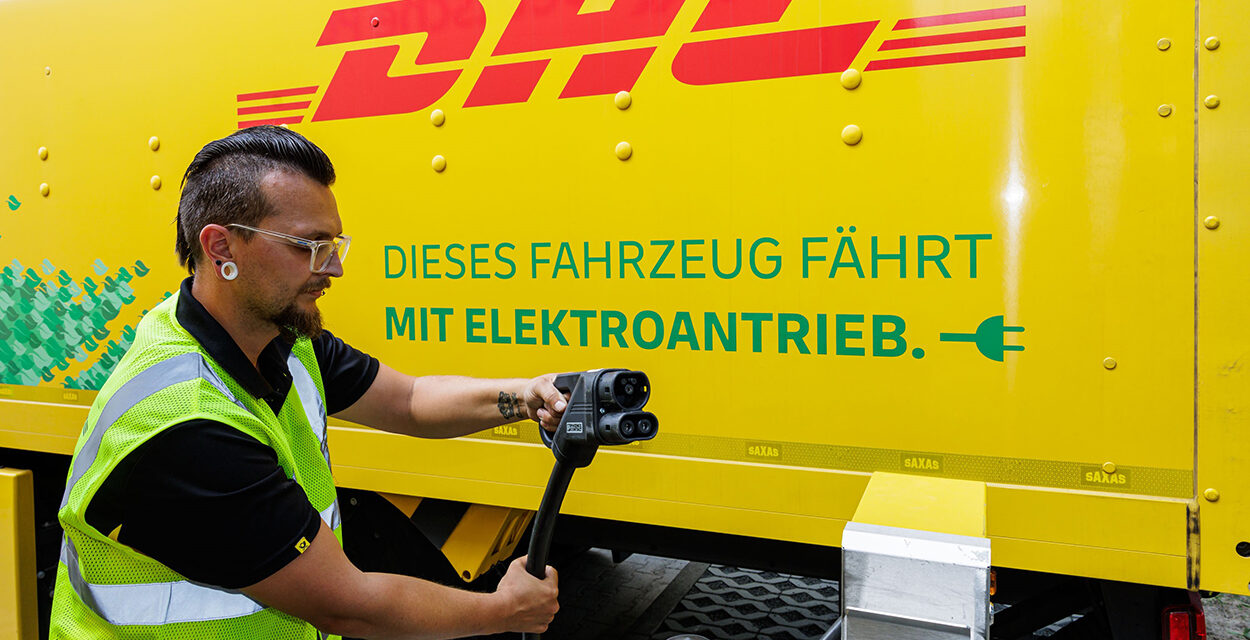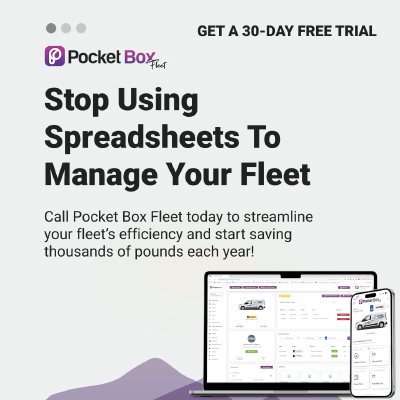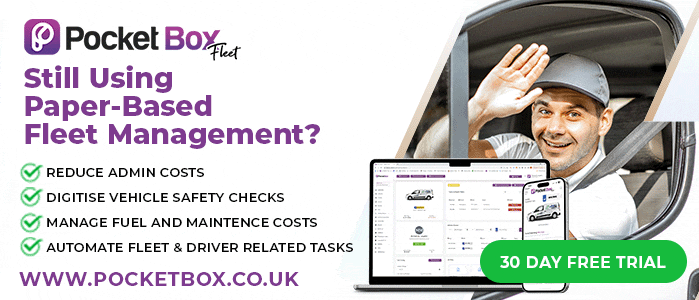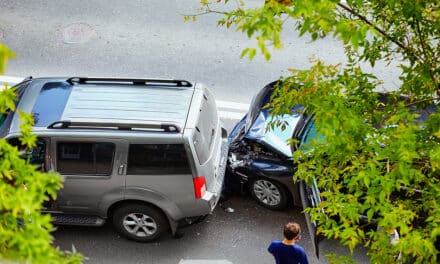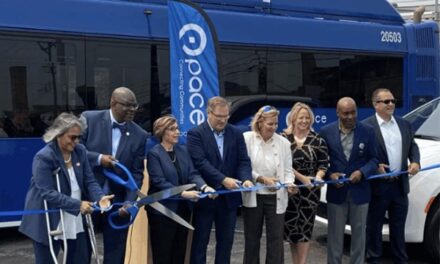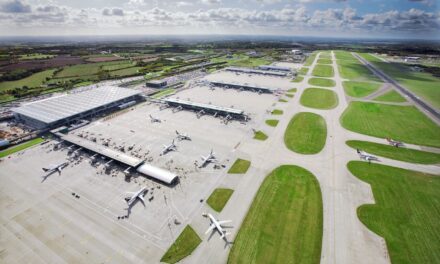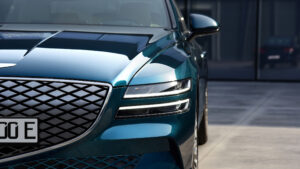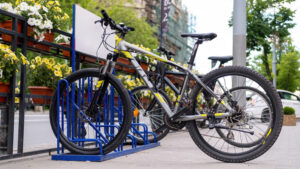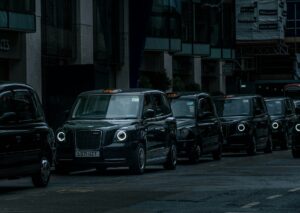DHL Group and energy provider E.ON initiate a partnership to expand the electric charging infrastructure for heavy commercial vehicles. Based on the framework agreement, fast-charging infrastructure will be established at DHL Group locations in Germany. E.ON will be responsible for the planning, construction of fast-charging and transformer stations, installation, load management, and operation.
The charging and billing concepts are optimized for electric trucks: charging takes place at the loading dock and on outdoor parking spaces at the operating yards. For this purpose, E.ON develops special solutions to perfectly accommodate the specific conditions of commercial vehicles and charging situations. This includes traverse systems with overhead cable guidance and seamless charging at loading docks even in tight spaces.
DHL service partners, such as fleet operators and transportation companies, will also have the opportunity to utilize the charging stations. As part of DHL Group’s sustainability strategy, offering products for climate protection to service partners (possibly services/ solutions) is included to optimize the customers’ supply chains. The goal is to avoid emissions and reduce waste and other negative environmental impacts. “The electrification of our fleet, especially in the area of heavy commercial vehicles, is an important building block on the way to our goal of making the entire logistics chain as sustainable as possible. We are delighted that we can work with E.ON to expand the charging infrastructure for us and our partners,” says Andreas Mündel, Senior Vice President Strategy & Operation Programs at DHL Group.
Mathias Wiecher, Chief Commercial Officer of E.ON Drive: “The switch to electromobility is a key element in reducing emissions in the transportation and logistics sector. At the same time, electrifying an entire fleet of trucks is a challenge that should not be underestimated. Our goal is to find the optimal solution for our customers that meets both operational requirements and sustainability goals. We look forward to tackling this project together with DHL and thus actively shaping the change in logistics.”
As part of the Strategy 2025, DHL Group aims to reduce logistics-related greenhouse gas emissions (GHG emissions) to below 29 million tons of CO2e by 2030, in line with the Science Based Targets Initiative. Numerous measures, such as the use of sustainable aviation fuels, operating carbon-neutral buildings, expanding the green product portfolio, and electrifying the vehicle fleet, contribute to making the entire logistics chain more climate-friendly. The logistics company already has 35 e-trucks in operation in Germany and more than 35,200 electric vehicles for pickup and delivery. By 2030, the goal is for own electric vehicles to account for 60% of the fleet in this area.

